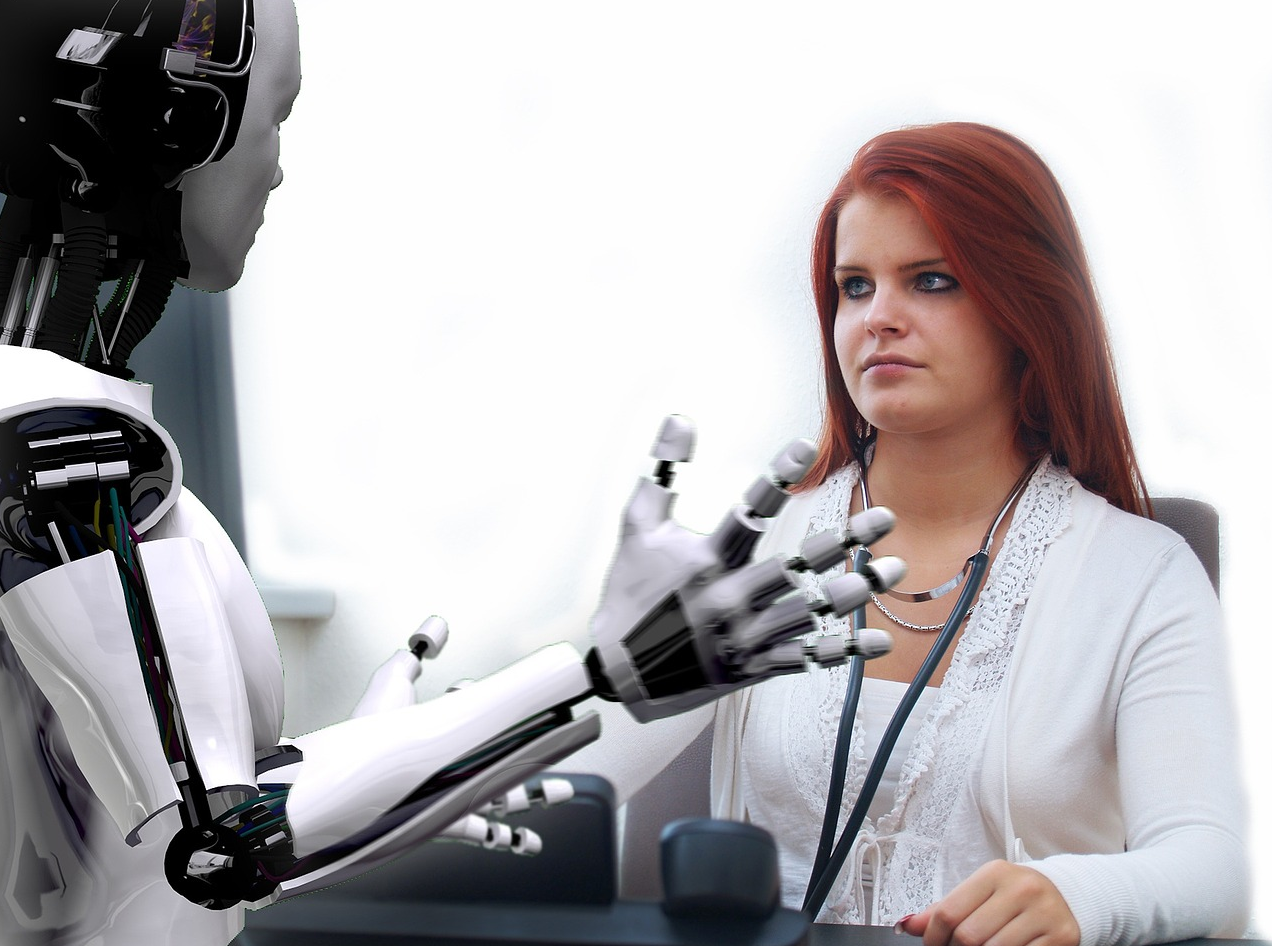A.I. can be a game-changer for health care but convincing doctors, clinicians can be ‘tricky’
Imagine a surgeon asking a Siri-like digital assistant in the operations theater about the options available in a risky operation, based on the patient’s medical history matched with a global database of similar cases. The “assistant” comes up with several options in a split second and, the surgeon and his team, choose one that they think is best and proceed.
Imagine a surgeon asking a Siri-like digital assistant in the operations theater about the options available in a risky operation, based on the patient’s medical history matched with a global database of similar cases. The “assistant” comes up with several options in a split second and, the surgeon and his team, choose one that they think is best and proceed.
This could be one of the many possibilities that an Artificial Intelligence or A.I. can provide to the healthcare sector.
A.I. is poised to become a game changer for the health care sector, according to Steve Leonard, chief executive of SGInnovate, the government entity that supports entrepreneurs leading Singapore’s innovation efforts. But convincing doctors, clinicians, nurses, patients and other stakeholders to place their trust in self-thinking machines could be tricky.
“That’s a double-edged sword because health care is a very tricky area,” Leonard told CNBC at the sideline of the Innovfest Unboundconference in Singapore. “Doctors and clinicians are not so excited sometimes about new models or new processes – and I don’t mean that disrespectfully. It’s just that’s a reality.” He added regulation would also be a key factor to consider.
Singapore recently ramped up investments into A.I. by committing more than $100 million over the next five years. The city-state plans to use A.I. to address major challenges affecting Singapore society, including health care.
“A.I. could play a big role in supporting prevention, diagnosis, treatment plans, medication management, precision medicine and drug creation,” said Bruce Liang, chief information officer of Singapore’s Ministry of Health, in a press statement.
He added, “Health care manpower, augmented with A.I. tools, could better address increased health care demands in the future.”
Many companies — big and small — are already working on ways to integrate A.I. in this critical sector. Last year, Chinese search engine giant Baidu introduced an A.I.-powered chatbot that can connect with patients, field medical questions and suggest diagnoses to doctors.
In theory, this sounds beneficial — since machines can process information faster, A.I. could theoretically reduce waiting time at clinics, observe previously-missed information in electronic medical records and reduce human errors in diagnosis or dispensation of medicines.
Selling that idea to the masses still, has some way to go. Researchundertaken by professional services firm PwC across Europe, the Middle East, and Africa found about 55 percent of the respondents were willing to use advanced computer technology or robots with A.I. that can answer health questions, perform tests and make a diagnosis. However, 38 percent said they were not willing.
Some industry watchers also told CNBC that A.I. is still at an experimental stage — startups, companies and research institutes may be developing A.I. powered products and services but their rollout on a mass scale still has some way to go.
Leonard said among other industries, transportation — where autonomous cars are expected to be the next big thing — will inevitably be transformed by A.I.
“Transportation will increasingly not involve people,” he said. “Over time … we’ll look back and say what was this idea of people sitting behind a wheel and driving a two-ton piece of metal at 120 km an hour? I think that’s inevitable.”
Beyond transportation, there is already widespread use of A.I. in the financial services industry. From robot wealth advisers to chatbots, increasingly companies are looking into using machines to detect fraud and prevent crime in the industry.
Another area that could benefit is energy consumption — machines could theoretically usher in more efficient use of energy, using sensors and the Internet of Things for example.
“If we connect (sensors) to every part of every building, every place around the island, could we reduce energy by 1 or 2 percent? Doesn’t sound like a big number, but when you think about 1 or 2 percent across an entire country, it turns out to be many, many billions of dollars,” Leonard said.
Saheli Roy Choudhury – News Assistant

